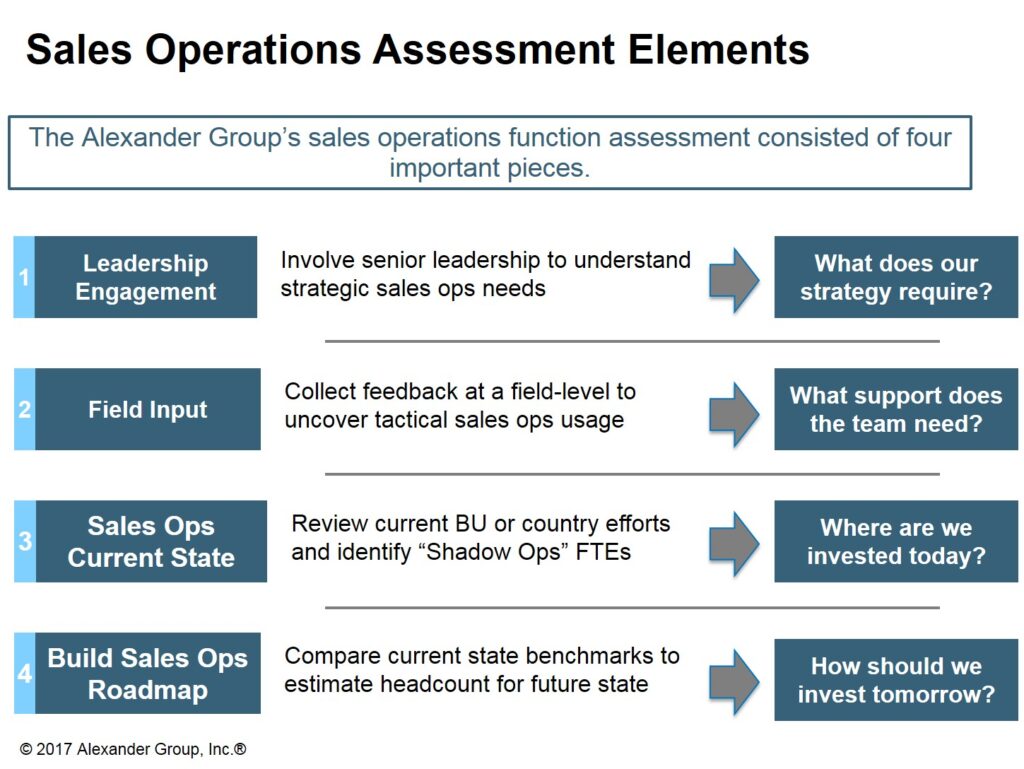Strategic Sales Operations: The Next Evolution for European Sales Teams

Sales operations brings both efficiency and effectiveness to any sales team. At its most basic, local “shadow” sales operations has administrative responsibilities for local execution (e.g., territory or sales compensation administration). Strategic sales operations acts as the sales “nervous system.” It brings real-time targeting, lead/opportunity tracking and sales analytics (among others) to enhance the team’s efforts. Strategic sales operations provides critical insights amid overwhelming amounts of data, increasingly complex sales models and leadership’s desire for nimble, targeted execution. In short, these insights allow for the strategic and tactical adjustments that help teams meet sales goals. Why, then, haven’t most European sales operations teams evolved beyond a local, tactical approach?
The answer lies in understanding how the function has grown in many organizations. In many European teams, the basic functions mentioned above occur at a local level and sit with a controller or human resources representative. This quickly becomes limiting as the sales team grows ever more demanding in its complexity and support needs. As the business matures, so too must the sales operations capabilities.
Unfortunately, many national sales teams do not believe they have the size (or need) individually to support a fully-scaled sales operations team and therefore do not attempt to invest in the sales operations function. The sales operations function in Europe, in particular, often remains mired in the basic execution of administrative processes at a national, operational level. One individual in a country, or perhaps parts of different roles in different departments, usually does not have enough holistic understanding, nor mandate, to elevate sales operations to a strategic level.
Therein lies the opportunity. Committing to investment at both a local and central level will quickly target individual representatives to growth opportunities, provide data for leadership decision-making and create demonstrable ROI. Understanding this opportunity begins with gathering feedback on desired outcomes and assessing the efforts underway at all levels of the organization.

Alexander Group (AGI) believes that evolving sales operations into a strategic function using this baseline information in Europe requires creating a charter for the group as a whole. European sales operations teams must then decide which activities sales operations will handle locally versus “centrally.” A central approach may not require a formal team, but rather one region or country sales operations team taking a lead in order to ensure consistency among peer groups.
A clear charter for the sales operations team provides vision and directions that allow the team to expand and grow beyond basic, local, administrative tasks. With this broader purview, sales operations can take responsibility for activities such as targeting opportunities, sales investments and ROI tracking; and value proposition evaluation and adjustment in tandem with marketing. These activities drive short- and long-term ROI by keeping the sales team linked directly with the organization and responsive to buyer needs and feedback.
Understanding how strategic sales operations can support and advance sales activities and execution should be a priority for any European sales leader. Sales ops can be “a sales organization’s secret weapon”: It will likely require best practice education and consensus on vision, but it accelerates growth and provides a competitive advantage in the field, especially in Europe.
Read other Alexander Group insights on the sales operations function or contact a practice leader to discuss your company’s challenges.
AGI Sales Operations practice
AGI European practice